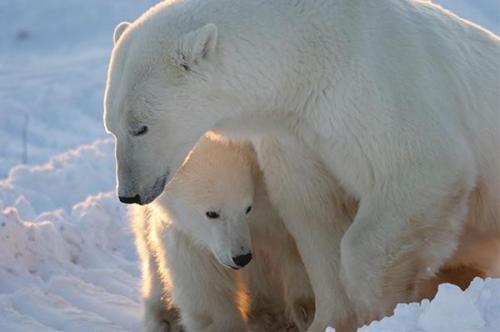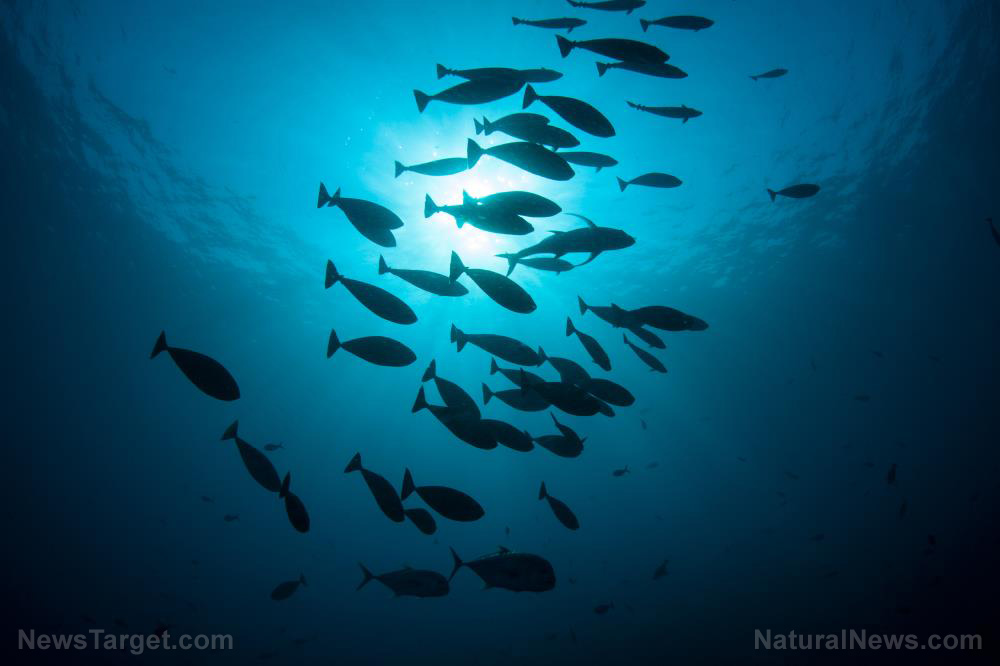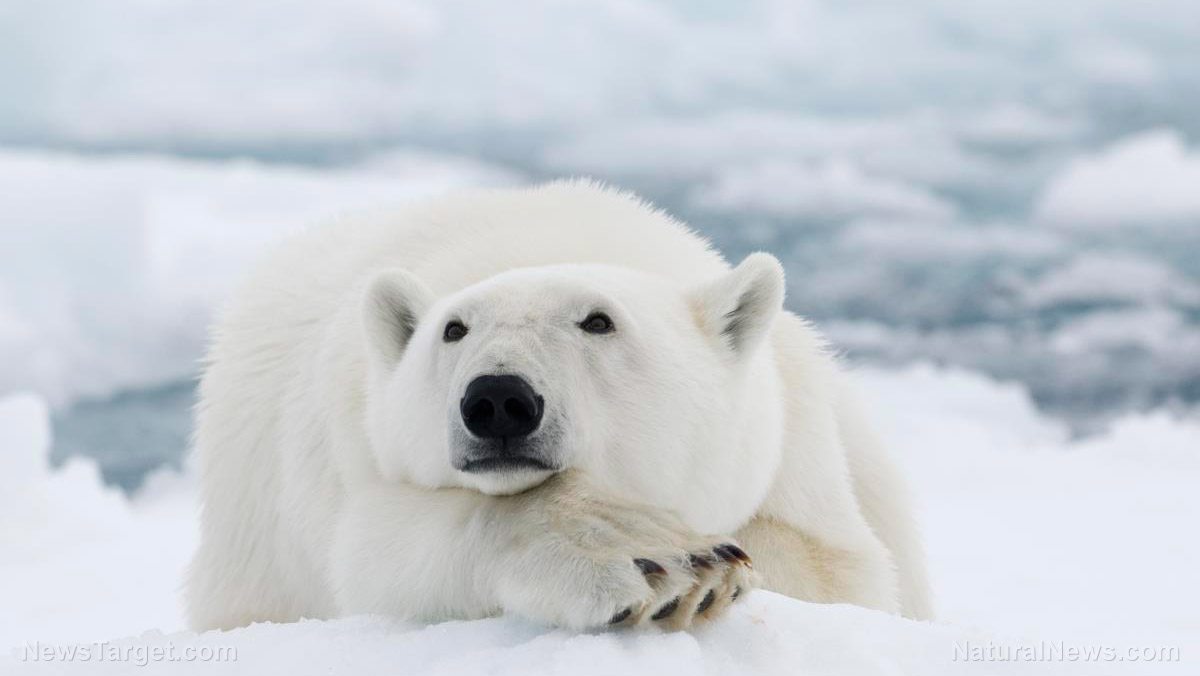Canadian zoologist: Polar bear population is flourishing
03/09/2022 / By Kevin Hughes

Contrary to the impressions made by the Polar Bear Specialist Group (PBSG) of the International Union for Conservation of Nature (IUCN) that the polar bear population is declining, Canadian zoologist Dr. Susan Crockford said it is actually flourishing.
Crockford’s findings appeared in the State of the Polar Bear Report 2021 released by the Global Warming Policy Foundation (GWPF) ahead of International Polar Bear Day last February 27. She explained that the polar bear population estimate used by the PBSG has not been updated since 2015, even though results of related surveys had been released since then.
These additions make the global population total to nearly 32,000, up from about 26,000, although with a broad range of possible error. This moderate increase is consistent with a species improving from low numbers caused by overhunting after concentrated international protection was initiated in 1973. (Related: The polar bear narrative of the climate cultists is about to implode: Polar bears are OVERPOPULATED.)
“The US Geological Survey estimated the global population of polar bears at 24,500 in 2005. In 2015, the IUCN Polar Bear Specialist Group estimated the population at 26,000 (range 22,000-31,000), but additional surveys published since then have brought the total to near 30,000 and may arguably be as high as 39,000,” Crockford said.
“This is only a slight-to-moderate increase, but it is far from the precipitous decline polar bear experts expected given a drop of almost 50 percent in sea-ice levels since 1979. This indicates summer sea-ice levels are not as critical to polar bear survival as USGS biologists assumed. Despite 2020 having had the second lowest September ice extent since 1979 (after 2012), there were no reports from anywhere around the Arctic that would suggest polar bears were suffering as a result: no starving bears, no drowning bears and no marked increases in bear conflicts with humans.”

In 2021, results of an aerial survey of the Chukchi Sea in 2016 produced a population estimate of 5,444 (range 3,636–8,152), about 2,500 exceeding an earlier survey but inside its range of error. This estimate is in accordance with other evidence that situations for polar bears in the region have been excellent.
Polar bears moving from Alaska to Russia in “mass exodus”
The report noted that polar bears seem to be moving from Alaska to Russia in a “mass exodus,” which may depict a real phenomenon that mirrors the excellent feeding conditions for bears in the Chukchi Sea in comparison to Alaska, sustained by ongoing increases in primary productivity across the Arctic.
Findings from a 2017-2018 survey of the Davis Strait subpopulation issued in 2021 revealed numbers were steady, even though the bears were fatter than they had been in 2005-2007, with good cub survival hinting a thriving population.
According to Crockford, there were three serious attacks by polar bears on people in 2021 but no deaths. She added that there were no reports of extensive starvation of bears, works of cannibalism or drowning deaths that might indicate bears were having difficulty surviving the ice-free season.
The three serious attacks by polar bears on people in 2021 happened in Foxe Basin in Canada in August, Svalbard in Norway in March and northeast Greenland in August.
Polar bears doing better with less summer ice
“Indeed, contrary to expectations, several studies have shown that polar bears in many regions have been doing better with less summer ice, either because multiyear ice has been replaced with more productive seasonal ice, or because the increased primary productivity that has come with longer open-water seasons has been a net benefit,” Crockford stated.
“The current health and abundance of polar bears continues to be at odds with predictions that the species is suffering serious negative impacts from reduced summer sea ice blamed on human-caused climate change.”
Surveys of polar bear population from the report also showed that bear numbers in Southern Beaufort have been stable since 2010 at about 907 bears, while in the M’Clintock Channel the bear numbers jumped from 284 in 2000 to 716 in 2016. The polar bear population in the Gulf of Boothia was also stable with about an estimated 1,525 bears in 2017.
Meanwhile, spring research in Svalbard in 2021 showed that the body condition of male polar bears was strong and litter size of family groups was in the same manner as it had been in 1994 but lower than 2019.
A new paper recorded that more polar bears in Svalbard appear to be killing and eating reindeer during the summer than they did during the 1970s but the phenomenon was not entirely connected to reduced sea ice.
More related stories:
Scientists develop new insulation material inspired by polar bears.
The polar bear narrative of the climate cultists is about to implode: Polar bears are OVERPOPULATED.
Fact checkers defend activist scientists because they agree with them not because they are right.
Watch the video below to learn about the humanity and tyranny with polar bears.
This video is from The Infowar Armoury channel on Brighteon.com.
Follow ClimateAlarmism.news to know the truth about climate change and global warming.
Sources include:
Submit a correction >>
Tagged Under:
Alaska, animals, Canada, Chukchi Sea, climate change, climate science, Ecology, environment, global warming, Greenland, Norway, polar bears, real investigations, Russia, Svalbard, truth, zoologist
This article may contain statements that reflect the opinion of the author




















